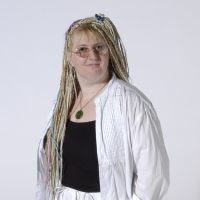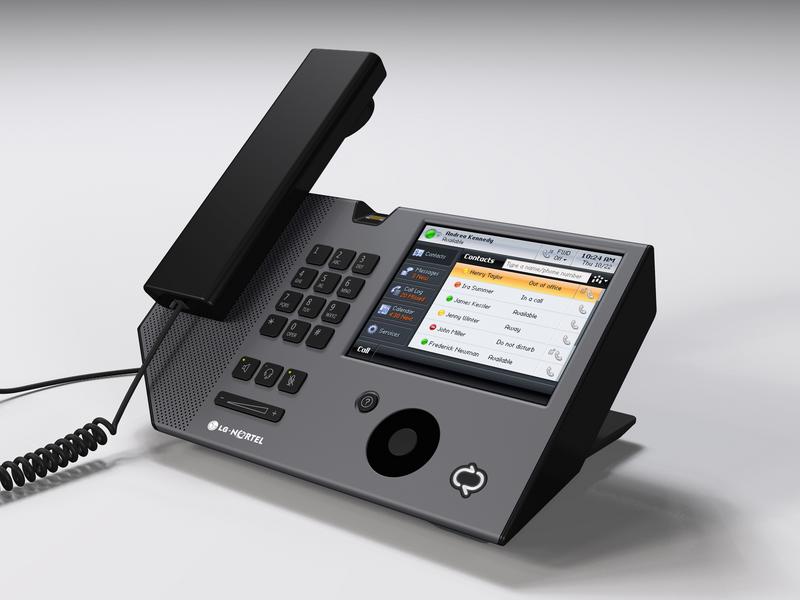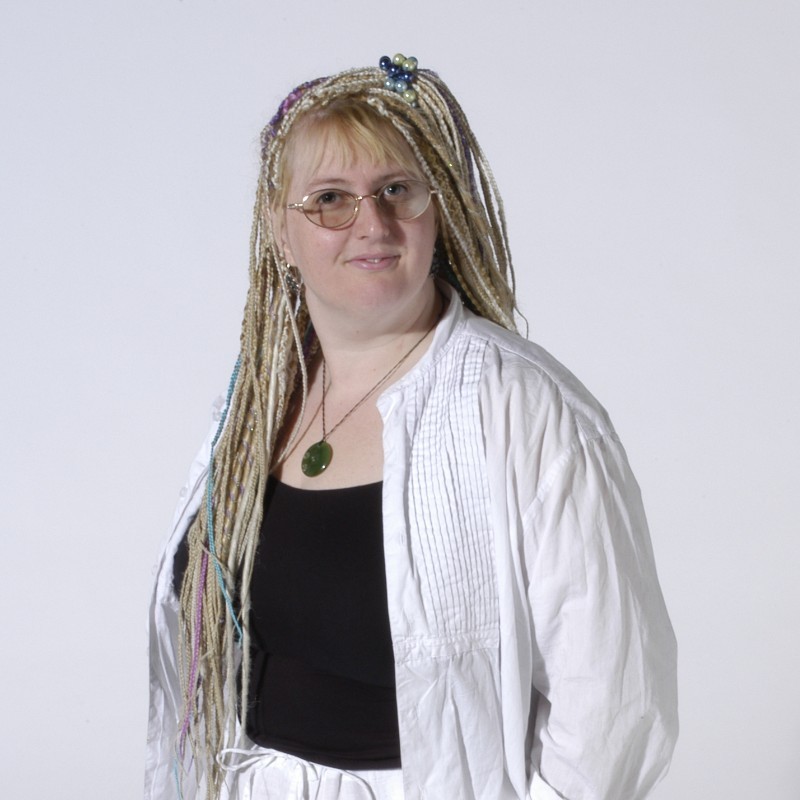Gates: the PC is the phone
Microsoft's telephone-to-Exchange connection plans add 15 new devices and more manufacturers.


Sign up today and you will receive a free copy of our Future Focus 2025 report - the leading guidance on AI, cybersecurity and other IT challenges as per 700+ senior executives
You are now subscribed
Your newsletter sign-up was successful
Microsoft has unveiled its future plans for business unified communications, allowing companies to integrate their existing PABX systems with Office Communications Server 2007 and the Office Communicator client in conjunction with IP phones, USB phones, wired and wireless headsets, speaker phones, monitors with built-in cameras and microphones or standard PCs and laptops.
Compatible devices will be available at the same time as the next version of the Communicator client, which is expected in July or August this year, but companies wanting to plan for installations can request trial devices from the nine partners Microsoft announced at WinHEC this week: ASUSTek, GN, LG Nortel, NEC, Plantronics, Polycom, Samsung, Tatung and ViTELiX.
Bill Gates described the office phone as the next thing to go digital. "What's left that's not on the internet? Well, the phone network still has traditional PBX. That's in the process of moving. We don't see the desk phone existing as a separate device in the future. Between what's going on with mobile phones and PC peripherals, and the richness of telephony being on the Internet and connecting up not just voice but also screen sharing, video, software driven richness in those communications interactions, the phone is going to be the PC, the PC is going to be the phone, and it's actually a lot easier when you've got a screen to navigate through, pick people to add to the conference call, see who called you in the past. "
Microsoft doesn't expect companies to rip and replace infrastructure in favour of new IP-based PABXs to get connectivity between PCs and phones. "With Office Communications Server 2007 we're introducing VoIP and conference and collaboration capabilities on premise in addition to hosted. For the devices we have a basic USB interface spanning through headsets, wireless headsets, laptops and then phones" said Chris Cullin, director of product management in Microsoft's Unified Communication Group.
Cullen predicts that office phones are going to get more advanced as well as easier to use. "If you have a phone on your desk that probably hasn't changed much over the last 10 years or 15 even. As we focus on creating this as a platform and an ecosystem you'll start to see that same rate of innovation as in the PC market. "
LG-Nortel and Polycom have IP phones that combine a traditional handset with a keypad and a touch screen that shows the Office Communicator interface, including who is available and who's in a meeting, with soft buttons for forwarding and conferencing calls and a scroll wheel for navigating your contacts. That means you'll be able to see if someone is at their desk before you forward a call to them. Users log in with a PIN or using the fingerprint sensor, so sensitive presence information isn't displayed when you don't want it to be. Polycom's speakerphone has firmware that integrates with Communicator. Samsung's monitor has two array microphones and a camera, so you can use it to make voice or video calls from your PC, over the PABX. With more basic USB phones, when you make or receive a call the Communicator software appears on screen as well as the phone ringing, so you can use the handset or the software to manage the call.
Cullin repeats the ambitious targets that company announced earlier this year for unified communication adoption. "We're looking to 100 million users making calls from the context of their workflow - whether that's Microsoft Office or other applications through our APIs - and over that same three year period the price of a VoIP deployment reducing by about 50 per cent."
Sign up today and you will receive a free copy of our Future Focus 2025 report - the leading guidance on AI, cybersecurity and other IT challenges as per 700+ senior executives
Mary is a freelance business technology journalist who has written for the likes of ITPro, CIO, ZDNet, TechRepublic, The New Stack, The Register, and many other online titles, as well as national publications like the Guardian and Financial Times. She has also held editor positions at AOL’s online technology channel, PC Plus, IT Expert, and Program Now. In her career spanning more than three decades, the Oxford University-educated journalist has seen and covered the development of the technology industry through many of its most significant stages.
Mary has experience in almost all areas of technology but specialises in all things Microsoft and has written two books on Windows 8. She also has extensive expertise in consumer hardware and cloud services - mobile phones to mainframes. Aside from reporting on the latest technology news and trends, and developing whitepapers for a range of industry clients, Mary also writes short technology mysteries and publishes them through Amazon.
-
 ITPro Best of Show NAB 2026 awards now open for entries
ITPro Best of Show NAB 2026 awards now open for entriesThe awards are a fantastic opportunity for companies to stand out at one of the industry's most attended shows
-
 Mistral CEO Arthur Mensch thinks 50% of SaaS solutions could be supplanted by AI
Mistral CEO Arthur Mensch thinks 50% of SaaS solutions could be supplanted by AINews Mensch’s comments come amidst rising concerns about the impact of AI on traditional software
